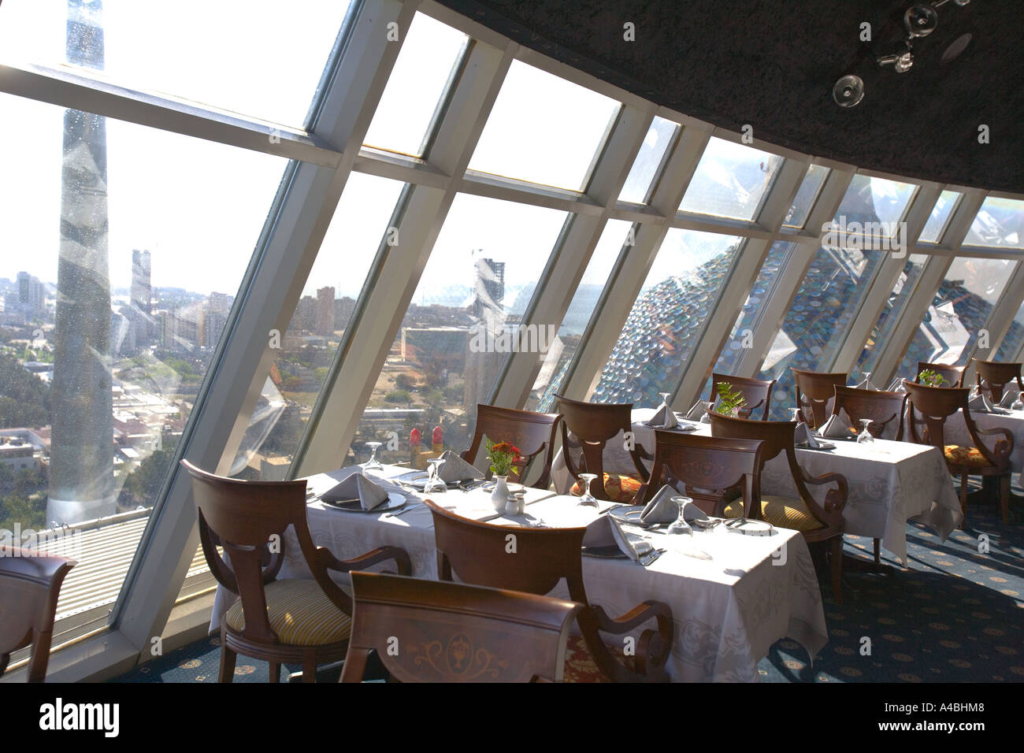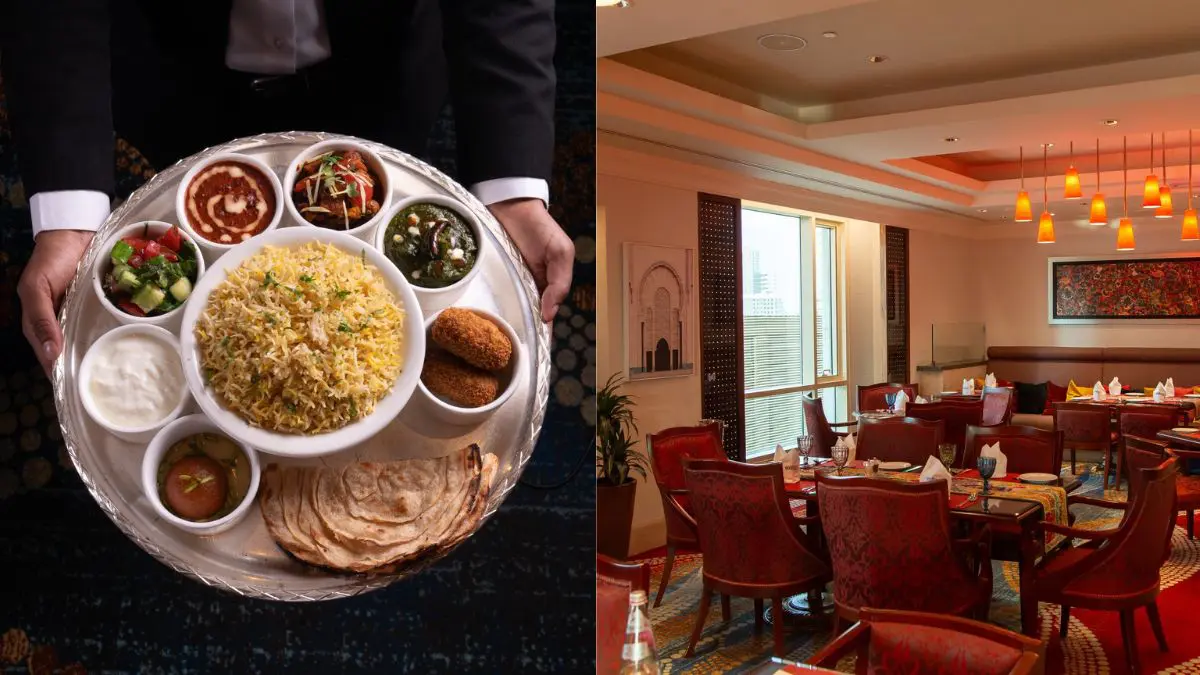Kuwait’s restaurant scene is gaining global attention in 2025, transforming the small Gulf nation into a rising star in the culinary world. What was once a region dominated by traditional cuisine is now a hub for global food experiences, fusion dining, and culinary innovation. With its strategic location, increasing tourism, and local passion for food, Kuwait is quickly becoming a hotspot for international food lovers and restaurateurs.

Let’s take a closer look at the key reasons behind the rise of Kuwait’s restaurant scene and why the world is watching closely.
1. International Brands Are Flocking to Kuwait
One of the most notable developments is the influx of international restaurant chains. In 2025, Kuwait has seen record-high entries of global brands such as Shake Shack, Zuma, and Eataly, all setting up flagship branches in prime locations.
Thanks to a young population with global tastes and a high spending power, Kuwait has become an attractive market for franchise expansions. These big names are not just copying their global menus but are localizing them with regional flavors, which makes the experience more unique.
2. Rise of Local Culinary Talent
While global names are making headlines, it’s the homegrown talent that’s truly pushing Kuwait’s restaurant scene into the spotlight. More young Kuwaitis are pursuing culinary arts as a profession, studying abroad, and returning to open their own restaurants, cafes, and food trucks.
These local chefs are combining traditional Kuwaiti ingredients with modern techniques, offering everything from gourmet machboos to vegan takes on classic dishes. The result? A wave of original concepts that are authentic, trendy, and export-worthy.
3. Fusion Cuisine at Its Finest
Fusion food is not new, but Kuwait is doing it differently in 2025. The blending of Middle Eastern flavors with Asian, European, and even Latin American cuisines is executed with bold creativity. Menus feature items like saffron-infused tacos, truffle hummus, and matcha-flavored baklava.
This culinary diversity is attracting the attention of food critics and influencers worldwide. Kuwait is now being featured in top food blogs and international culinary magazines for its unique fusion experiences.
4. Government Support and Vision 2035
The Kuwaiti government’s Vision 2035 includes a strong focus on tourism and lifestyle sectors, and food is a major pillar. Several policy changes have made it easier to open restaurants, import ingredients, and host food-related events.
In 2025, more than 20 major food festivals were held across Kuwait, including the Kuwait Street Food Festival and International Chef’s Week. These events bring exposure to local talent while drawing visitors and media coverage from around the world.
5. Rise of Fine Dining and Experience-Based Restaurants
Another reason Kuwait’s restaurant scene is gaining global attention is the growth of fine dining and luxury culinary experiences. In 2025, Kuwait City saw the opening of five Michelin-guide listed restaurants, each offering curated tasting menus and theatrical dining formats.
Many restaurants are now creating “experiences” rather than just meals. Guests can dine in art-gallery-themed rooms, taste blindfolded in complete darkness, or enjoy a seven-course menu while listening to live classical music. This level of innovation is rarely found even in the most developed culinary capitals.
6. Influencer Culture and Social Media Buzz
Kuwait has one of the highest social media usage rates in the Middle East, and food content plays a huge role in that. Local food influencers, with millions of followers, are promoting new restaurants, reviewing menus, and even collaborating on new dishes.
In 2025, food-related hashtags originating from Kuwait have trended globally multiple times. Platforms like TikTok, Instagram, and YouTube are full of mouth-watering visuals that are luring foodies from across the world to visit and try for themselves.
7. High Standards of Hygiene and Hospitality
Post-pandemic, global diners have become more selective about hygiene and customer service. Kuwait has risen to meet this demand by implementing strict food safety regulations and hospitality training programs.
The result is a restaurant culture that is clean, friendly, and consistent. Kuwaitis take pride in welcoming guests, and this hospitality is reflected in their dining experiences—from fast-food chains to five-star restaurants.
What Makes Kuwait Different from Other Gulf Countries?

While countries like the UAE and Qatar are known for luxury dining, Kuwait’s restaurant scene is winning hearts for its balance of authenticity, creativity, and affordability. Kuwait’s food culture is deeply rooted in tradition, yet it’s not afraid to experiment.
This balance makes the country’s restaurant growth organic and sustainable, which appeals to both everyday diners and elite food critics. Unlike Dubai’s glam-only image, Kuwait feels more personal and grounded, and that’s why it’s working.
Future Outlook for Kuwait’s Food Scene
With the pace of development and government backing, Kuwait’s restaurant scene is expected to grow even more in the coming years. Culinary tourism is likely to become a core part of the country’s economic strategy.
Experts believe Kuwait may soon host a food-themed international expo or be shortlisted as a gastronomic capital by global tourism boards. More international chefs are expressing interest in collaborating with local establishments, and a food academy is already in the planning stages for 2026.
Conclusion
In 2025, Kuwait’s restaurant scene is not just growing—it’s thriving, innovating, and setting examples. From street food to fine dining, the country offers something for every kind of eater. The blend of government support, passionate chefs, social media influence, and global connections is making Kuwait one of the most exciting culinary destinations in the Middle East.
Whether you’re a food blogger, a chef, or just someone who loves to eat, Kuwait is one destination you don’t want to miss this year.
Also Read – 7 Powerful Reasons Why Kuwait’s Restaurant Scene Is Gaining Global Attention in 2025



